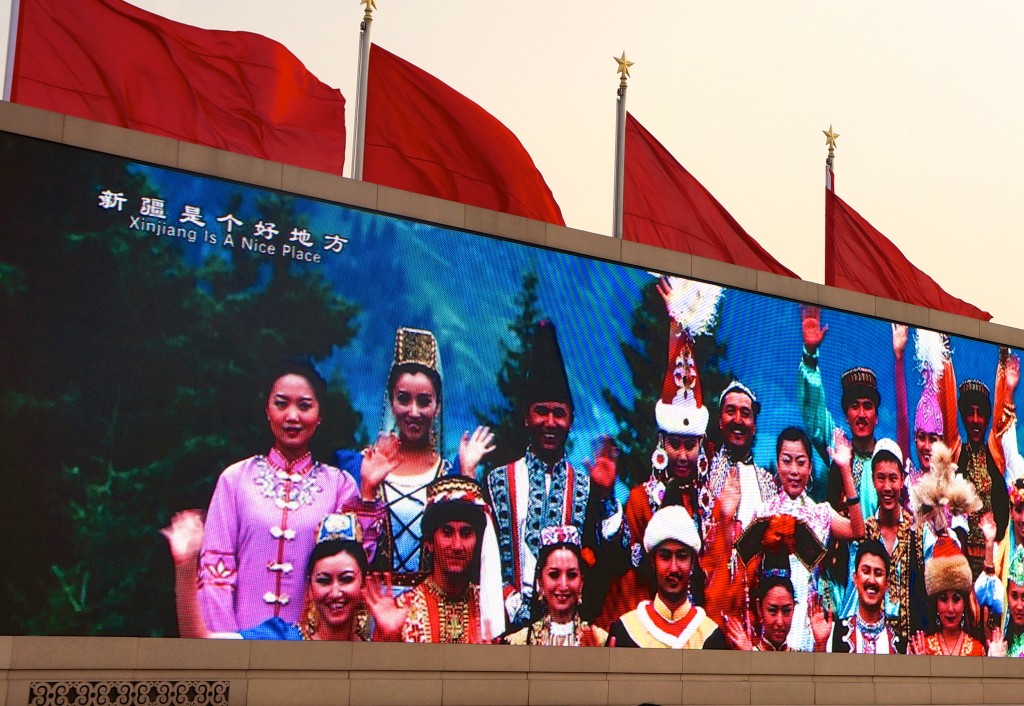
Guest post by Christopher Skutnik
Amid stories of missing airplanes, transnational warfare, and deadly diseases, a somewhat less visceral part of the world has been sporadically popping up in the headlines of national news agencies.![]()
![]()
Xinjiang (officially the Xinjiang Uighur Autonomous Region) is China’s westernmost and remotest province, and has been bubbling over amidst reports of social unrest, terrorism, ethnic strife and more – reports that evoke memories of Northern Ireland in the 1960s and 1970s, or perhaps Chechen separatism in the 1990s.
The latest challenge to befall Xinjiang occurred on August 4, in the form of an attack that the Chinese media labeled as terrorism, allegedly perpetrated by Uighur separatists. Nearly 100 people were killed during the violent demonstrations, including 35 Han Chinese killed and 59 of the alleged terrorists shot dead by police.
Sadly, this is not the first time that violence in Xinjiang has resulted in large-scale bloodshed: in 2009, the provincial capital of Ürümqi experienced a very severe riot that resulted in 197 deaths and 1,721 non-fatal injuries.
Despite these statistics, the area’s violent past, and accusations of terrorist conspiracies, you might be forgiven for wondering why there’s so much unrest in the first place.
In short, the issue revolves around differences between the ethnically Han Chinese regional government and the local Turkic-speaking Uighurs, who are predominantly Muslim and whose history extends over a thousand years. (As a modern term for the Turkic-speaking descendants of the Uighur Khaganate, which dates back to the 9th century, the term “Uighur” dates to around the 1920s.)
The current tensions between the Uighurs and the Chinese central government can be conveniently folded under the aegis of ethnic nationalism — they are similar to the tensions between Tibet and China, who share ethno-religious differences, and less so than the Taiwan and China, who hold essential political differences. Continue reading Xinjiang nationalism challenges Beijing’s alternative national vision
